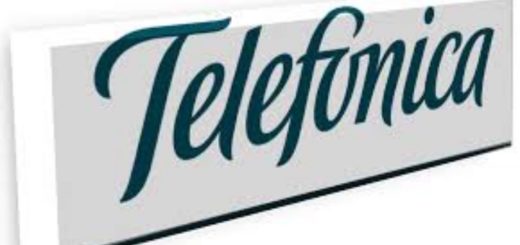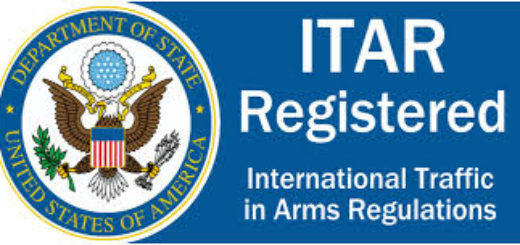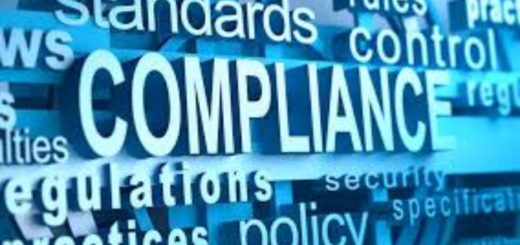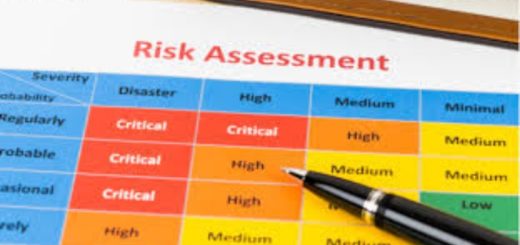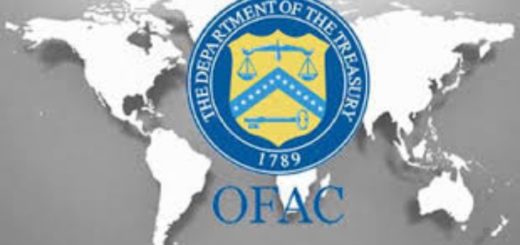Telefônica Brasil Pays $4.125 Million for Hospitality-Related FCPA Violations
As the old adage provides – better late than never. (Same applies for my somewhat tardy posting on this case). Telefônica Brasil settled FCPA violations with the SEC for a pretty penny — $4.125 million in civil penalties in connection its hospitality program for the 2014 World Cup and 2013 Confederations Cup According to the settlement agreement, Telefônica Brasil failed to maintain adequate internal controls...


